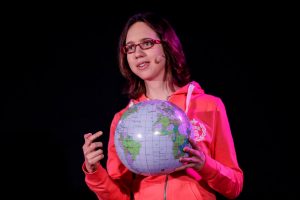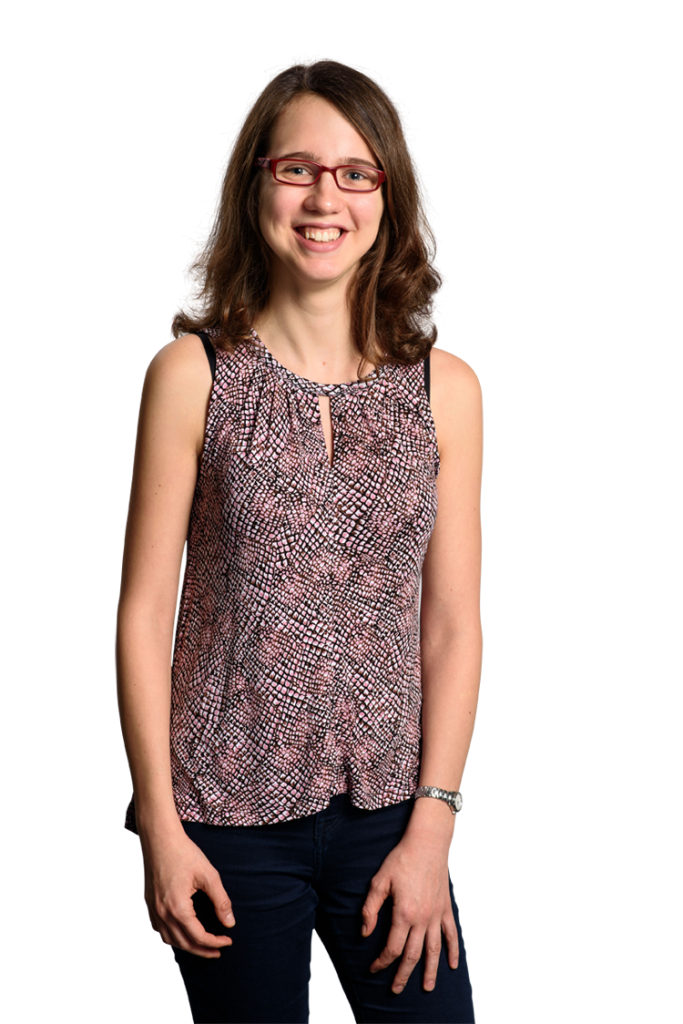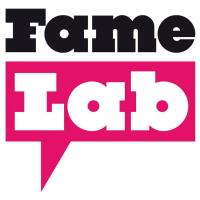I haven’t written anything for a while, but I have a good excuse. I participated in FameLab, both British and Polish editions.
FameLab is an international competition for scientists, who want to communicate research effectively. The idea is simple: we have 3 minutes to talk about our favourite scientific concept. The stage is ours for 180 seconds, after which we are judged on the content, clarity and charisma.
The ‘3C’ rules are pretty self-explanatory.
- The topic must be interesting for the audience and possible to convey in three minutes. One of the most common mistakes the contestants make is trying to explain all we know about microbiology during one short speech – not possible. Also, the content must be scientifically accurate. It’s less obvious than you think. For example, after FameLab 2016 in Poland we had a heated debate, because the winner presented an idea not confirmed by proper scientific evidence.
- This is the part that everyone can actually learn. We shouldn’t use jargon, complicated sentences or explain one concept using five words that the lay audience won’t understand.
- The ultimate goal is to be remembered. There’s no one good way to be charismatic, but being excited about our topic won’t hurt.
It was one of the hardest competitions I’ve ever participated in, even though in general I don’t struggle with public speaking. However, a 3-minute-long presentation required way more preparation than any 30-minute talk. I had to think carefully about each sentence, each word, because 180 seconds don’t leave much time for hesitation. This is also the reason why FameLab is more stressful than any other form of public speaking, because if I forgot what I wanted to convey, it would be extremely hard to get back on track within the given time.
Polish and British editions differ a bit. The auditions stage required sending a video of my speech to Poland (which saved me a flight to Warsaw), while here I had to go to the Science Museum and speak in front of three judges and a few other contestants. In the UK twelve people who delivered the best speeches were selected for London final (British FameLab is divided to nine regions). On the other hand, in Poland we competed with contestants from the whole country, 25 of which were invited to the national semi-final. Luckily judges in both countries liked my presentation about turbulence.
Last Wednesday I went to the Science Museum again to deliver a talk about infinities, this time to a wider audience. The audience seemed to enjoy my presentation, which was my main goal. I hope that I helped people understand a small piece of maths that fascinates me. The London winner talked about marine biology, so you can see how varied the topics are. She will represent our region as one of ten UK finalists (one from each region plus the best of nine second place winners).
Two days after the London final I caught a plane to Warsaw. Polish semi-final was a big event, open to the public and widely advertised in the media. The day was exhausting, I arrived to the Copernicus Science Centre at 11 am and the whole event finished about 8 pm. The judging panel consisted of four well-known scientists and journalists, which was a bit overwhelming, but also very motivating.

The audience was reacting enthusiastically to my performance about turbulence. Judges asked me a few questions about parts of my talk that were most interesting or surprising. Afterwards I gave a few interviews for national media (if you happen to understand Polish, you can listen to one of them here). I didn’t make it to the national final, but I learned a lot anyway!
I encourage every scientist to participate in FameLab. It isn’t easy, but very rewarding. I’ll definitely do it again next year!




